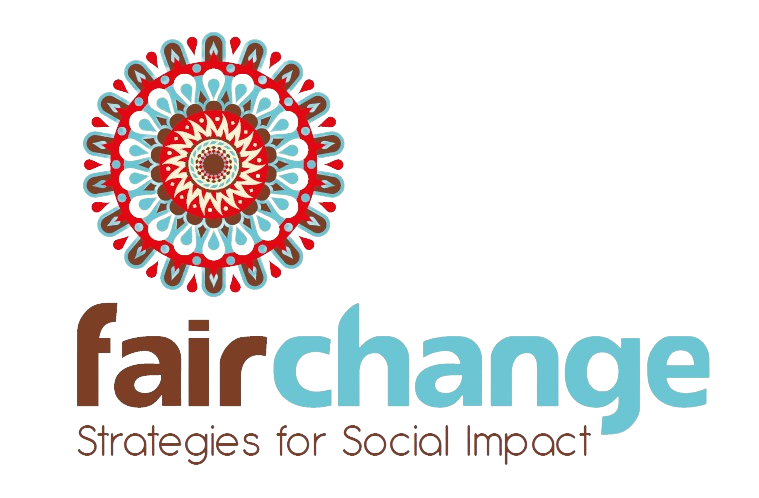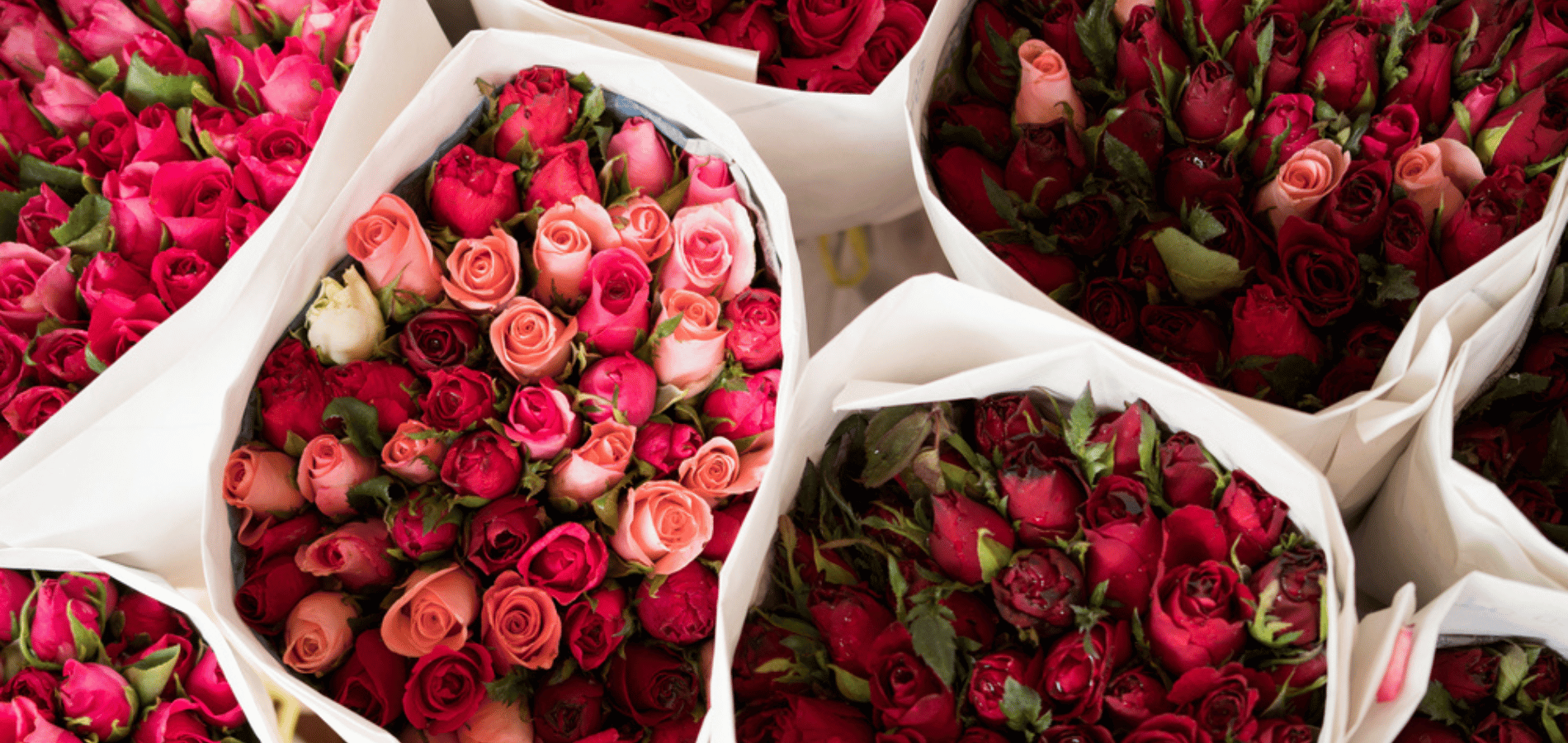Grabbing a nice cheap bouquet of roses in the supermarket to surprise your loved one today? Think twice.
Rose bouquets offered at discount prices of 2 euros or less are not a good deal. That price tag, put on flowers flown in to Europe and North America from East Africa, Ecuador or Colombia (the world’s main rose exporters besides top producer the Netherlands) is simply too low. It doesn’t cover the costs of decent wages and environmental measures to protect local communities where rose farms operate.
Sure, floriculture and international trade in roses provide jobs and add value to national and local economies. But this is usually not done in a sustainable way and doesn’t guarantee stable and decent conditions for local workers.
Many flower farms are owned by westerners, who are not just attracted by the sunny climate. Land is cheap, there’s less regulation and little interference by labor organizations. Are these all greedy and heartless moneymakers? No. They often provide access to hospitals, schools, and other facilities that go a step further than national authorities’ requirements.
But still, research shows that local rose workers, whether they are hired by internationally-owned or local flower companies, are on the losing end. They receive low wages and work long hours on short-term contracts. Safety measures against flower pesticides and other chemicals are often insufficient.
These are tough times everywhere and we, as customers in rose-importing countries, are all looking for ways to live on a budget. But if we can choose between a 2-euro rose bouquet and a fair trade equivalent at a price that respects the dignity of the people who worked hard to make us happy on Valentine’s Day, the obvious choice is a no-brainer. Fair trade labels are not always equivalent to 100% socially made, but they do guarantee better-than-average working conditions.
So, let’s share the love and give back some happiness. Let’s buy fair roses – not just today, but on any future occasion too!
Find out more about (un)fair roses:
Thorns amongst the roses. A Cross-country analysis of human rights issues in flower farms in East Africa, IPIS Research (2015)
Every Rose Has its Thorn: Exposing Colombia’s Cut Flower Industry, Brown Political Review (2019)
War of the roses: the exploitation of the flower industry, The Architectural Review (2021)
No bed of roses for Ecuador’s flower industry, France 24 (2020)
Fairtrade Enhances Women’s Rights and Well-Being on Ecuador’s Flower Farms, Fairtrade International (2021)
How to buy sustainable flowers, Which? (2021)
This post was published on Valentine’s Day. Find more awareness days and green & social events on the (free!) FairChange People & Planet Calendar.
Did you like this blog post? Subscribe to Purpose & Impact Now and you’ll be the first to receive new articles, tools and tips to do business with a higher purpose and grow your positive impact. Yes! Put me on the mailing list.

